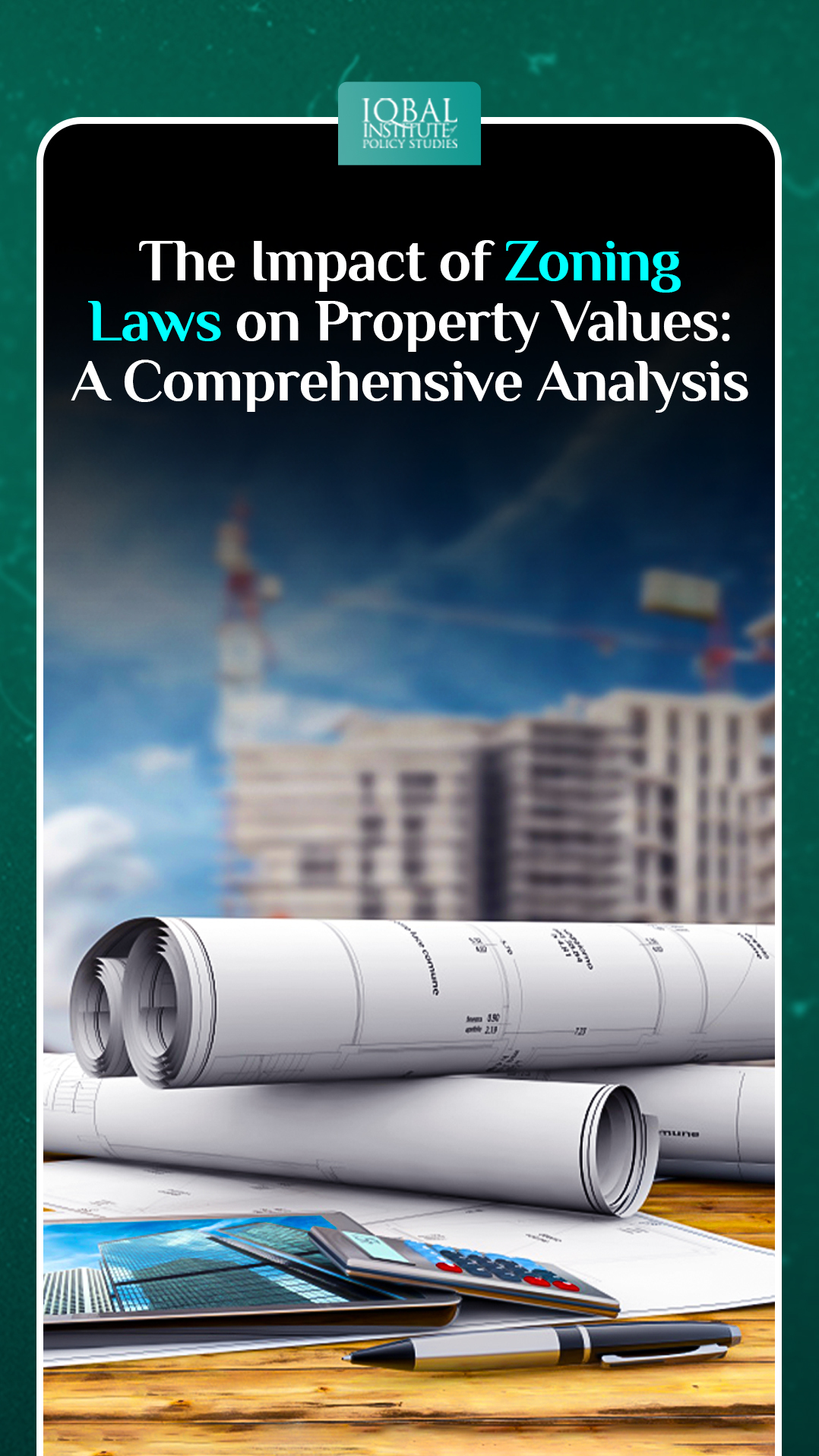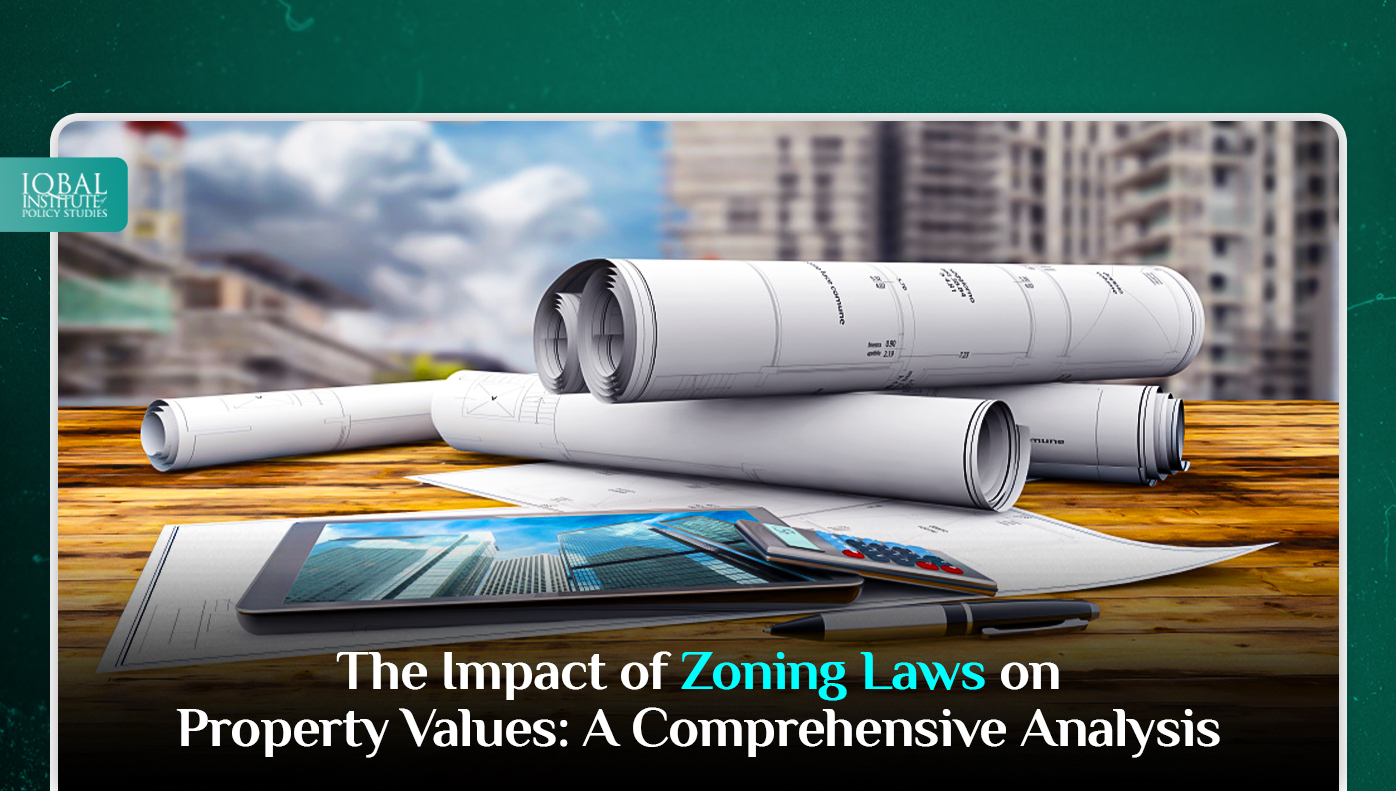Zoning laws play a crucial role in shaping community development and land use patterns. These laws establish regulations that determine how properties can be used and what types of structures can be built in specific areas. While zoning laws serve essential purposes, such as promoting orderly growth and protecting public health and safety, they also significantly impact property values. In this comprehensive analysis, we will delve into how zoning laws can influence property values and explore their implications for property owners, investors, and communities at large.
Understanding Zoning Laws
To comprehend the impact of zoning laws on property values, it is essential to grasp the fundamental principles of zoning regulations. Zoning laws divide the land into different zones or districts, such as residential, commercial, industrial, and agricultural. Each zone has specific rules and restrictions regarding land use, building size and height, setbacks, parking requirements, and more. These regulations are intended to promote compatibility between land uses and protect the character and quality of neighbourhoods.
The Basics of Zoning Laws
Zoning laws are a set of rules that specify how land may be developed and utilized within a specific jurisdiction. These regulations, frequently implemented by local governments, are intended to encourage the efficient and orderly use of land, preserve property values, and promote public safety. Property owners, developers, and real estate experts must have a fundamental understanding of zoning rules.
Zoning Districts
Zoning laws often split the land into various districts, each with its development and land use rules. Residential, commercial, industrial, and agricultural zoning districts are typical. Each section may have more subcategories, such as low-density residential or high-density commercial.
Types of Zoning Regulations
The sorts of structures that can be erected, the height and setback restrictions for buildings, the quantity of open space needed, and the permitted uses are just a few examples of activities that zoning rules can govern. Typical zoning laws include the following:
Use Regulations
These regulations specify different activities that are permitted in each zoning district. For instance, a residential area would forbid commercial activity, but a commercial area might allow office and retail space.
Dimensional Regulations
Such regulations outline the kind of buildings that can be erected in each zoning area, including their size and shape. This might include minimum lot sizes, building height restrictions, and regulations for setbacks from property lines.
Design Guidelines
These define the aesthetic and practical elements of architectural and landscape design. This may involve specifications for building supplies, parking, and landscaping.
Zoning regulations are often created to balance the interests of landowners, developers, and the larger community. Zoning regulations may support economic development by ensuring that land is used responsibly and efficiently, which can assist in preserving property values.
Direct Impact on Property Values
Zoning laws can directly affect property values in several ways. Firstly, they establish the permitted uses in each zone. For instance, residential zones may allow only single-family homes, while commercial zones may help retail establishments or offices. The allowable uses directly impact the potential services and market demand for properties in different areas, influencing their values accordingly. Properties located in high-demand zones with versatile uses often command higher prices.
Secondly, zoning laws can regulate building density and height restrictions. Areas with stricter density regulations, such as low-density residential zones, may have larger lot sizes, fewer units per acre, and more spacious neighbourhoods. These factors can contribute to increased property values due to enhanced privacy, larger yards, and perceived higher quality of life. Conversely, areas with higher-density regulations, such as high-rise zones, may have more compact developments and can attract different market segments, affecting property values accordingly.
Zoning’s Influence on Property Supply and Demand
Zoning laws indirectly impact property values by shaping the community’s supply and demand dynamics. Zoning restrictions can limit the available land for development in certain areas, leading to a scarcity of properties. Limited supply and high demand can drive up property values due to the basic economic principle of supply and demand. Conversely, zoning changes that increase land supply in desirable locations may put downward pressure on property values.
Moreover, zoning can influence the desirability of a neighbourhood or district. Well-planned zoning regulations that foster aesthetically pleasing environments, promote mixed-use developments, or protect natural resources can enhance an area’s overall appeal. This can attract residents, businesses, and investors, increasing property demand and subsequent value appreciation.
Zoning and Property Use Flexibility
Another critical aspect of zoning laws’ impact on property values is the flexibility they afford property owners. Zoning regulations dictate the permissible uses, but they may also include provisions for conditional services, variances, or special permits. These mechanisms allow property owners to seek exceptions to the standard regulations, enabling a broader range of potential uses. The availability of such flexibility can increase property values by expanding the possibilities for development or commercial activities.
Potential Drawbacks and Challenges
While zoning laws can positively affect property values, they have potential drawbacks and challenges. Excessive restrictions or outdated zoning regulations can limit the possible uses or hinder the adaptability of properties, leading to decreased values. For example, properties in strictly residential zones may face challenges if market demand shifts towards mixed-use developments or flexible live-work spaces.
Additionally, zoning changes can generate uncertainty among property owners and investors. If zoning amendments or rezoning proposals are introduced, they can create speculation and volatility in property values. Property owners may fear potential negative impacts on property values if the proposed changes are perceived as unfavourable. Consequently, the uncertainty surrounding zoning can introduce risks and affect property values until the outcomes of proposed changes are clarified.
Conclusion
Zoning laws are essential in guiding land use and development within communities, and their impact on property values is undeniable. By regulating land use, density, and building restrictions, zoning laws shape the supply and demand dynamics, directly influence property values, and indirectly impact market desirability. However, zoning regulations must balance preserving the character of neighbourhoods and allowing flexibility for growth and innovation. Property owners, investors, and policymakers should consider the potential effects of zoning laws when making decisions related to real estate, aiming to achieve a harmonious balance between property rights, community needs, and sustainable development.
This article is written by Radma Nouman. Radma is a Research Analyst at the Iqbal Institute of Policy Studies (IIPS).



Leave a Reply